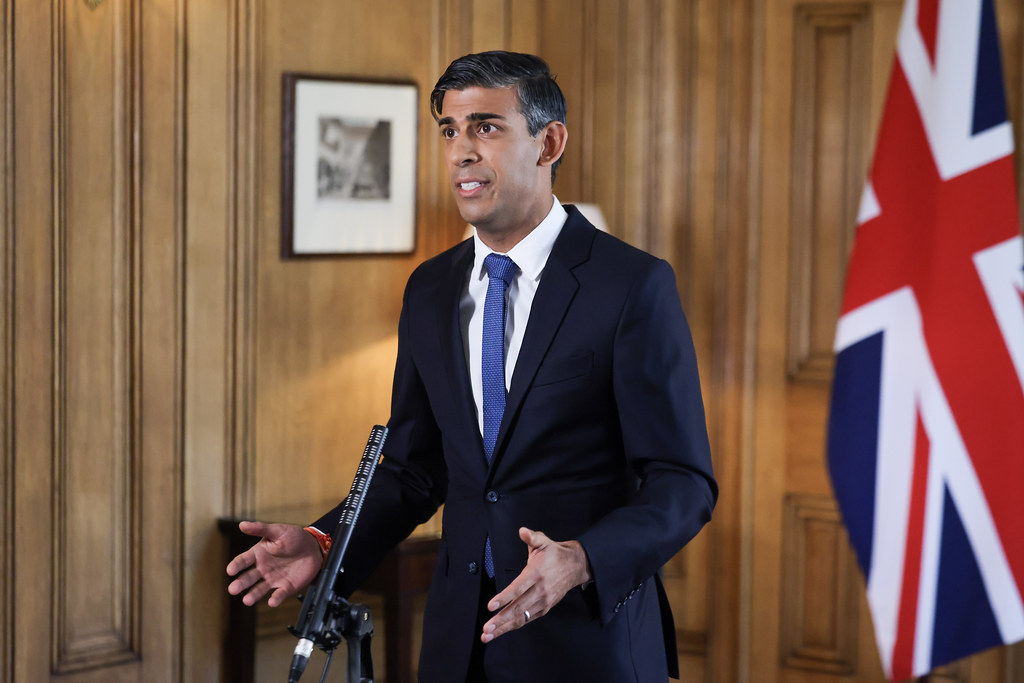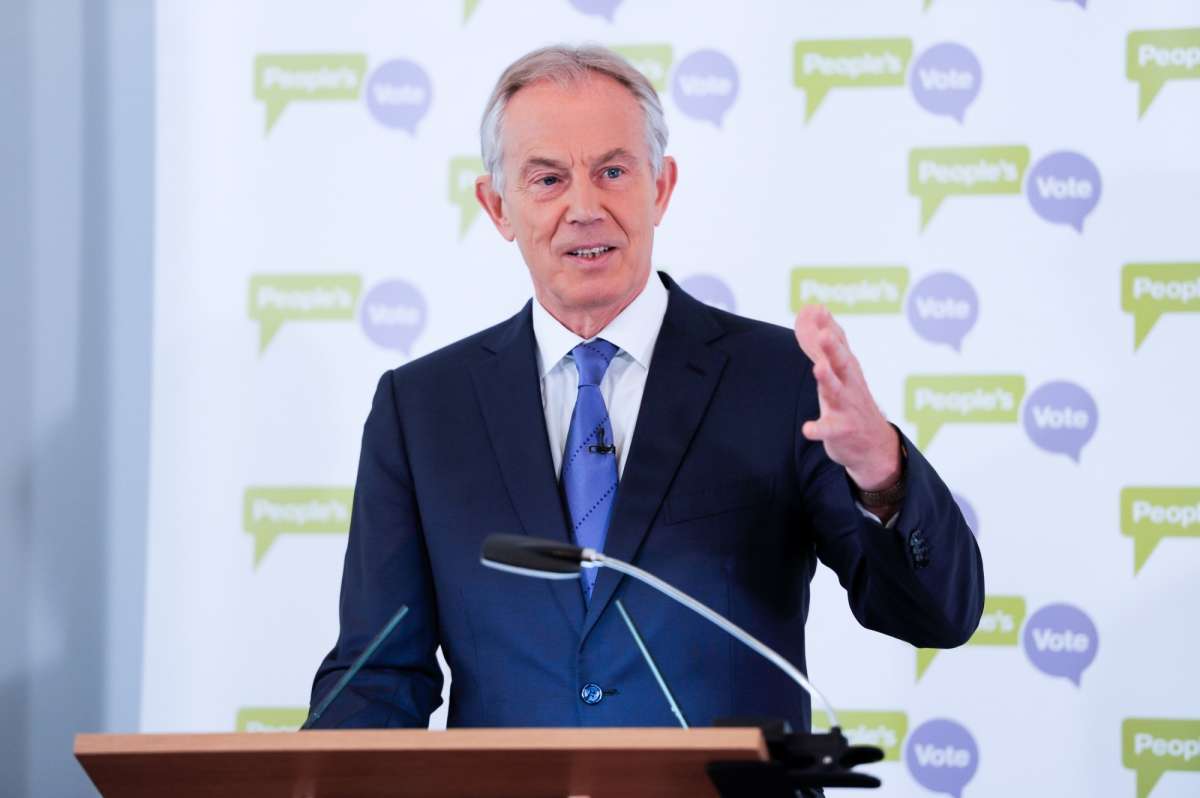YouGov research showed that Sunak’s favourability score is at its lowest since he became PM, with 26% having a positive view and 67% negative…reports Asian Lite News
Rishi Sunak’s personal ratings have slipped to a new low of minus 41, according to grim polling released. YouGov research showed that Sunak’s favourability score is at its lowest since he became PM, with 26 per cent having a positive view and 67 per cent negative.
Worryingly for Sunak as two more by-elections loom, that was marginally worse than the figure for Boris Johnson as he left power – although it is slightly better than the minus 48 rating for the Conservative Party more broadly.
In contrast Keir Starmer’s favourability stood at minus 20, below the minus 11 recorded for Labour.

The results of the poll – conducted at the end of August – emerged as the contest was triggered to replace former Tory whip Chris Pincher, who resigned as an MP after losing his appeal against a suspension for drunkenly groping two men.
YouGov research showed that Rishi Sunak’s favourability score is at its lowest since he became PM, with 26 per cent having a positive view and 67 per cent negative.
It has to take place between 21 and 27 working days from the issuing of the writ, suggesting the date will be October 19 – the same day as the contest for former culture secretary Nadine Dorries’ Mid Bedfordshire seat.
Pincher has comfortably won Tamworth for the Conservatives since 2010, with a majority of 19,634 votes at the last general election.
However, Sunak has warned ‘mid-term by-elections are always difficult’ for the Government.
Pincher had sought to reduce a potentially by-election triggering eight-week suspension recommended by the Commons Standards Committee for what was found to be an ‘egregious case of sexual misconduct’ at London’s exclusive Carlton Club last year. But Parliament’s Independent Expert Panel (IEP) dismissed his appeal last week.
Addressing his decision to resign, Pincher said he had already decided not to stand at the next general election and wanted to avoid ‘further uncertainty’ for his constituents.
The Tories’ fight to retain the seat has been complicated because due to boundary changes the party had intended the candidate to be Eddie Hughes, the current Tory MP for Walsall North.
Hughes ruled out contesting the by-election, saying he has a ‘commitment to my constituents until the next general election’.
Meanwhile, an Opinium survey for the Observer shows the Conservative have failed to shift the dial in Sunak’s favour, with the prime minister dropping two points in the past two weeks to a net score of -25% (24% approve, 49% disapprove).
Overall, Labour holds a healthy 14-point lead, with 42% of the vote share (+1 compared with a fortnight ago) against 28% for the Conservatives (+2). The Liberal Democrats are on 9% (-2), Reform UK is on 8% (-1) as is the Green party (+1).
Keir Starmer’s approval rating, while also negative, is far better than Sunak’s, with the Labour leader standing on -7% (28% approve, 35% disapprove).
Similarly, views about who would make the best prime minister have also remained stable – Starmer now leads with 27% choosing the Labour leader, versus 23% who prefer Sunak. While this support could be stronger for Starmer, there is no evidence that voters are moving to Sunak as Tory strategists had hoped.
In early July Sunak’s approval rating stood at -26, before the Tories decided to spend the summer focusing week by week on specific policy areas they believed would expose Labour’s weaknesses – such as crime, immigration, health and schools – and win them back support.
Adam Drummond, head of political and social research at Opinium, said: “Rishi Sunak’s ratings remain poor and have barely changed since July.”
The Tories’ “small boats week” last month was derailed by figures showing record numbers of crossings, the evacuation over a health scare of the Bibby Stockholm barge used to house migrants, and the deaths of at least six people when a small boat capsized and sank in the Channel.
Opinium found evidence that highlighting the issue did indeed raise its importance in the public’s mind, but had the effect of strengthening Labour’s lead on immigration.
Conservative voters themselves are split, with 47% holding a favourable view and 45% an unfavourable one. In our last poll, Sunak had continued to hold a double digits lead among those who voted for his party in 2019, by 51% to 40%.
Keir Starmer’s favourability ratings have also fallen, with his score dropping from -14 in late June to -22 now. One in three Britons have a favourable view of the leader of the opposition, while 54% have an unfavourable one.
Labour voters continue to stand behind the party leader, however, with 60% having a positive opinion of Starmer and 31% a negative one.
ALSO READ-We will not accept Chinese interference, says Sunak









